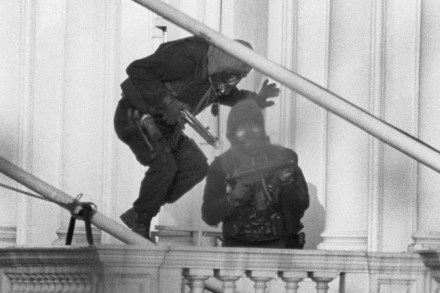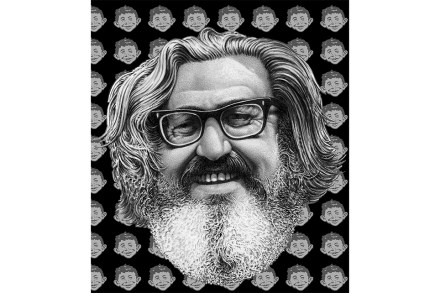Alan Garner: Powsels and Thrums
40 min listen
My guest on this week’s Book Club podcast is Alan Garner whose new book of essays and poems is called Powsels and Thrums: A Tapestry of a Creative Life. Alan tells me about landscape and writing, science and magic, the unbearably spooky story behind his novel Thursbitch – and why, three weeks short of 90, he has no plans to retire. This podcast is in association with Serious Readers. Use offer code ‘TBC’ for £100 off any HD Light and free UK delivery. Go to: www.seriousreaders.com/spectator




















